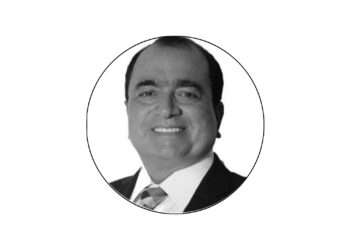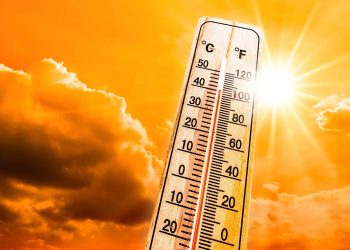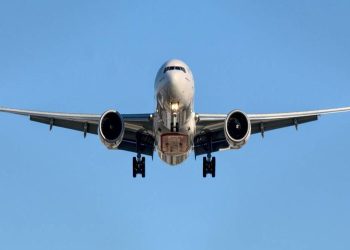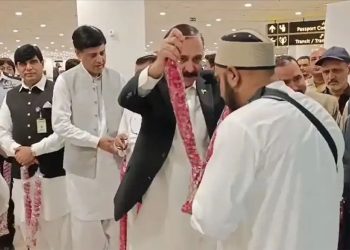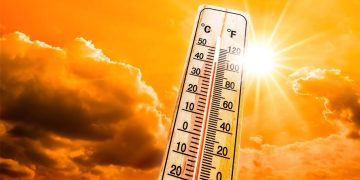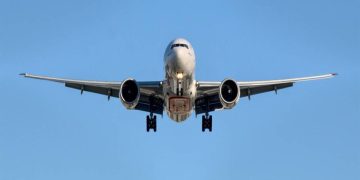IMF chief Kristalina Georgieva has urged Pakistan to “collect more taxes from the wealthy and protect the poor people” amidst soaring inflation. This advisory given to previous governments has been largely ignored and the poor have been heavily taxed.
The inflation rate for August leaped to 27.4 percent, shrinking household budgets. The same month exorbitant electricity bills were imposed causing outrage and widespread protests. This was followed by a record increase in the price of petrol. The government failed in its promises of providing relief due to its commitments with the IMF.
Pakistan has a regressive tax system where the burden falls on the masses. The price hikes and taxes take a large part away from their incomes. Rather than widening the tax base, the government resorts to imposing even more taxes on the burdened salaried class. Several sectors remain untaxed or undertaxed but the government risks earning the wrath of the elite.
There is a need to increase taxes on undertaxed sectors such as agriculture, real estate, wholesale and retail to meet the IMF’s fiscal requirements. The true potential for taxation of real estate has been estimated at Rs500 billion and Rs234 billion for the retail and wholesale sectors. The agricultural sector is responsible for one-fifth of the GDP but contributes just one percent to tax revenues.
Pakistan has been unfortunately unable to expand taxation. Despite several reform attempts, the tax-to-GDP ratio hovers around 10 percent of the GDP. The inability to expand tax revenue contributes to several public delivery gaps such as providing electricity, clean drinking water, and nutrition. The skewed tax system also affects the economic structures as it focuses on consumption and import duties, leading to a recurring payment of balance crisis.
Elite Capture – a form of corruption whereby public resources are biased for the benefit of a few individuals of superior social status in detriment of the welfare of the larger population – is common in Pakistan. These have been termed the ‘One Percent Class’ and deem themselves above the law. The elites have access to resources and are willing to drain the country to maintain their status quo.
The World Bank has warned that Pakistan’s economy is at a turning point where it has to decide to remain under elite capture. Its policy decisions are driven by strong vested interests of military, political, and business leaders. These must change course for a brighter future. Pakistan needs a policy shift to decide the way forward and can start by taxing the elites.










